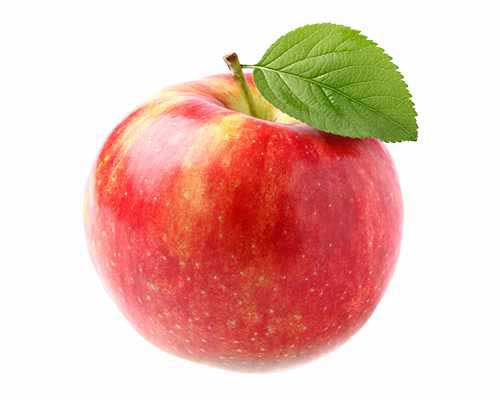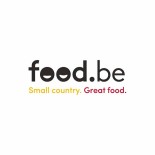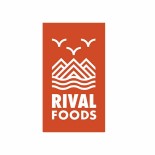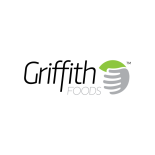Author : Marc Declercq
If one thing is clear in these coronation times, it is that healthy people are more likely to get through an infection with the virus than unhealthy people. After all, the coronavirus poses a significant risk to people with pre-existing health problems such as diabetes and heart disease, as well as overweight and obese people. But also for people with weakened immune systems. Although a healthy immune system cannot prevent someone from getting the coronavirus, it can give a better response to kill viruses, such as those that cause colds, flu and coronavirus. What better way to strengthen immunity than through a healthy diet in which fruit and vegetables play a major role.
We've known it for a long time: one of the best ways to stay healthy is to follow a nutritious diet. That's because our immune system depends on a steady supply of nutrients to do its job. For a good dose of immune-boosting vitamins, minerals and antioxidants, fill at least half of your plate with fruit and vegetables.
What should be included?
For more vitamin C: sprouts, broccoli, cauliflower, cabbages, potatoes, red and green peppers and fruits such as oranges, grapefruit, strawberries and kiwi. Vitamin C plays a certain supporting role for our immune system. It is not necessary to buy extra vitamin C supplements: with three kinds of vegetables and 2 kinds of fruit per day your body gets enough vitamin C.
For more beta-carotene: sweet potatoes, carrots, kale, broccoli, pumpkin, spinach and fruits such as apricots, mandarins, mango and melon. Beta-carotene is converted in the body into vitamin A and is important for more resistance and may also play a role as an antioxidant. It is said to protect body cells against free radicals, which are substances that cause damage to cells.
For more zinc: beans, chickpeas, lentils, enriched grains, nuts, seeds, wheat germ. Zinc ensures a build-up of proteins, growth and renewal of tissue, the metabolism and a good functioning of the immune and immune system. 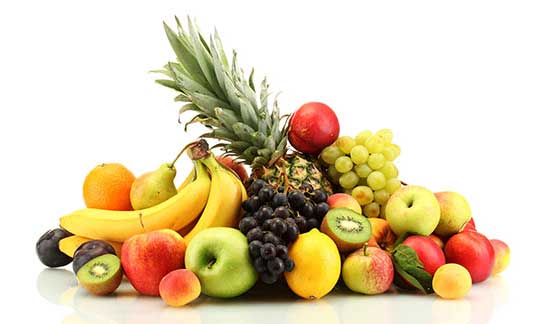
For more vegetable proteins: grains such as rice, nuts, legumes and mushrooms. Proteins provide amino acids, which are the building blocks for protein in body cells. They also play a role in the transport of substances in the blood and in the cell such as haemoglobin: which transports oxygen from the lungs to the tissues.
For more prebiotics: oats, wheat, onions, garlic, leek, asparagus, artichokes, beans, soybeans, fermented foods such as sauerkraut and gherkins, pickled olives and fruits such as bananas. They are also predominantly high-fibre products that support the ecosystem in our intestinal flora, promote the intestinal flora and thus the body's resistance.
An apple a day keeps the doctor away !
The value of healthy foods such as fruit and vegetables to our body is abundantly clear. And in these corona times, they are even more so than ever.
